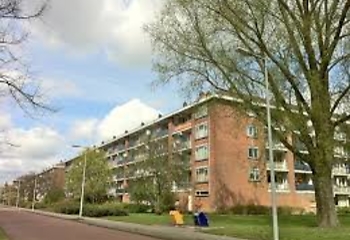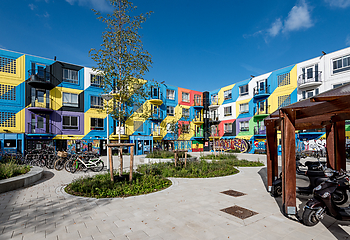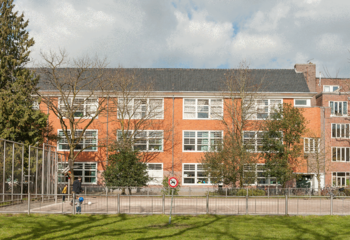The programme not only studies how institutions develop and change, but also examines consequences of institutions for inequality and life courses. Attention is also given to the linkages between inequality on the one hand, and life courses on the other hand.
Inequality is conceived as the distribution of income, status, and wellbeing in a society. Institutions affect the degree of inequality in a society and they modify the individual determinants of status, income and well-being. For example, educational systems affect the influence of parents on children’s success in school, labor market rules affect gender inequality in wages and work careers, and pension systems affect income inequality at older ages.
With life courses, the programme especially refers to changes in the household- and family relationships that people experience as they grow older, as well as the age-related transitions in other life domains, such as leaving schooling, making a career, and retirement. Institutions affect life courses in many ways. For example, gender roles affect the formation of marriage and the way couples divide paid and household labor, welfare state arrangements affect divorce and fertility, and governmental care systems for the elderly may affect intergenerational relationships.
The IIL programme uses a mixture of methods and data including quantitative analyses of survey data, analyses of register data, experimental data, social network analysis, and policy analysis. An important goal of the programme is to invest in the collection, development, enrichment, and dissemination of cross-national and longitudinal survey data. By comparing individuals in a large number of countries with multi-level methods, better evidence can be obtained on the effects of institutions. With longitudinal survey data, individual changes over the life course can be related to life events so as to gain stronger evidence on causal effects.




